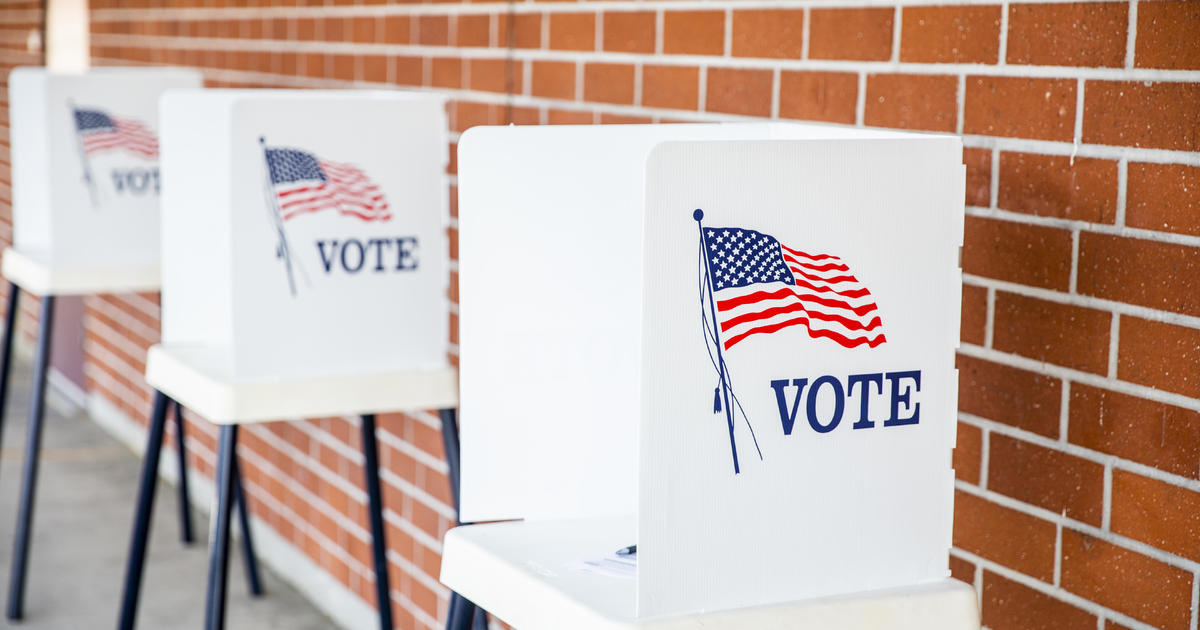COVID-19 In Pennsylvania: Doctor Provides Tips On How To Ease Seasonal Depression Symptoms
PITTSBURGH (KDKA) -- For those who battle seasonal depression, this year could be tough.
"We all know what it's like to get up at 6 in the morning and there's no sun. It sucks," said Sara-Ann Kuhn.
As the days get shorter, Kuhn feels the light start to drain out of her mood. Doctors say the shortened amount of daylight and change of activity during this time of the year are the primary contributors to seasonal depression.
"That has an effect on circadian rhythms, which in term affects our mood," said UPMC psychologist Dr. Jon Weingarden
But Dr. Weingarden says this winter could be even worse for people with seasonal depression because of the added stress of the coronavirus pandemic and continued social distancing.
"We need to be aware and cognizant of how we're feeling and do the things that make us feel well," said the doctor.
"This is a really difficult time to be in," said Kuhn.
While medical experts say we need to remain physically distanced, Kuhn says she's really come to rely on technology to stay socially connected.
"There are many, many tools reaching out face to face with people, chatting. Having dinner on a screen, that still fulfills a very deep need for socializing," she said.
"The more we can reach out using technology and the more we can celebrate the happy things with each other safely, the better we are going to feel," Kuhn added.
As the winter drags on, Dr. Weingarden says there are simple things you can do to try to keep seasonal depression in check. First, get into a healthy routine.
"Stay motivated, keep track of what you're doing. If you realize you haven't gone outside in three days, change that, do something. Don't let this snowball," Dr. Weingarden said.
If you have a friend or family member who deals with seasonal depression, reach out and offer help. But be gentle and respect their space.
"The human voice is amazingly healing," Kuhn said.
There are also other tools you can use like light therapy or a sunlight alarm, which both simulate sunlight. In more serious cases, prescription medication might be necessary.
Kuhn has found that a sunlight alarm works best for her.
"There's a little switch that says, 'OK, it's time to get up, it's morning time. We're going to go do this,'" Kuhn said.
Doctor Weingarden recommends using the next few weeks to prepare yourself.
"What you need to do is take advantage of the weather now, build up some of that momentum before going into the winter. Go outside, walk, hike, do some enjoyable things," he said.
And if you need help, never forget that resources are available.



